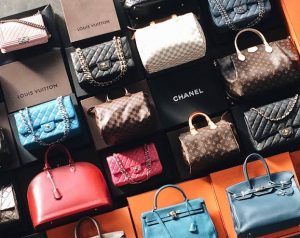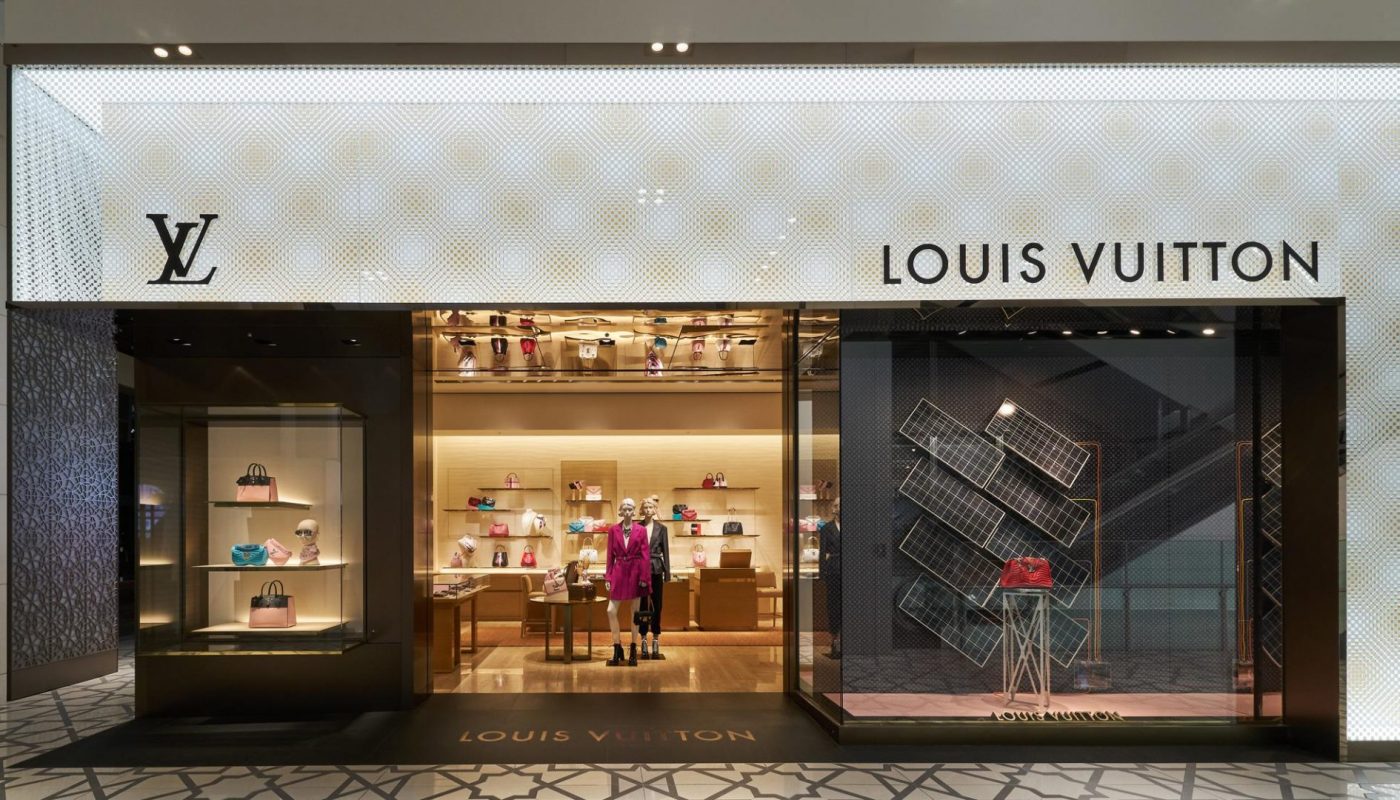Counterfeit luxury goods are one of the biggest problems in the luxury industry. According to a report published in 2016 by the Organisation for Economic Co-operation and Development and the European Union’s Intellectual Property Office, the market for counterfeit goods is worth an astonishing $461 billion. This is equivalent to as much as 2.5% of world trade in 2013, which is a noted increase from 2008 when it was worth 1.9% of world trade.
One of the more relevant factors for consumers that purchase counterfeits online is the price. Usually, these consumers use the internet as a tool for gathering information and even as a means to compare the fake with the original product.
Counterfeit items have symbolic value for the customers who buy them with the desire of enhancing their social status.
Luxury brand conglomerate LVMH Moët Hennessy Louis Vuitton is working to solve the global problem of counterfeited luxury goods by launched the Blockchain AURA platform on May 16, 2019. The platform is
designed to protect intellectual property. The AURA was developed through Microsoft and blockchain software company ConsenSys with aims to serve the entire luxury industry with powerful product tracking and tracing services, based on Ethereum blockchain technology. Louis Vuitton and Parfums Christian Dior were the first brands utilizing AURA.

“AURA is a groundbreaking innovation for the luxury industry,” said Ken Timsit, Managing Director of ConsenSys Solutions.
WHAT DOES IT MEAN FOR CONSUMERS?
Thanks to this platform, customers are able to see the entire history of the product, from the material with which it is made, to sales, all the way to second-hand markets. Blockchain technology, in this case, provides transparency and a single source of truth for every consumer.

Through manufacture, each product is recorded on the shared ledger and containing unique information. While purchasing customers can use the brand’s application to receive the AURA certificate containing all product information. One more advantage of this Blockchain implementation for luxury goods is increasing and strengthening consumer loyalty.
Another example of Blockchain implementation is the global technology platform for luxury fashion Farfetch. Their mission is to be is to connecting creators, curators, and consumers. Last year June 18, Farfetch limited enounce that joined as Founding Member of the Libra Association. It is joining forces with companies including Facebook, Andreessen Horowitz, eBay, Spotify and Uber for the fashion-focused platform, which is launched at the beginning of 2020. It also will be included a digital currency designed to ensure secure border payment on focus on transparency and authentication.
The Roots of Blockchains:
Transparency – Anyone with access to the network can view a history of transactions in real-time.
Immutability – Blockchains protect data from tampering.
Reduced counterparty risk- Blockchains allow anyone to send money to anyone without an expensive or corrupt intermediary.
Efficient provisioning of identities- Blockchains can create and manage identities for people in a lower cost, secure way through digital signature technology, which gives people a public key (similar to an account number) and a private key.
If you want to know more about Blockchain, check my previous blog posts:
- Blockchain in the gaming industry
- Blockchain – the most optimal solution for healthcare
- Blockchain is the Next Big Thing for a reason
- Now it is time to open a cryptocurrency account
- Why investing in bitcoin is so appealing?
- Blockchain glossary you need to now?
- What exactly is a Blockchain?
Sources:
https://e27.co/growth-counterfeit-luxury-goods-blockchain-tech-can-help-brands-fight-back-20180803/
https://content.consensys.net/wp-content/uploads/AURA_ConsenSys_Press-Release_May-16-2019-2.pdf
https://www.businesswire.com/news/home/20190618005431/en/Farfetch-Founding-Member-New-Blockchain-Initiative




Hi Vanja your blog is good …big Like 👍
Very interesting! Blockchain is a bit of a foreign concept for me to be honest, but I love how your blog explains it all in connection to real life examples. Thank you for another insightful post!